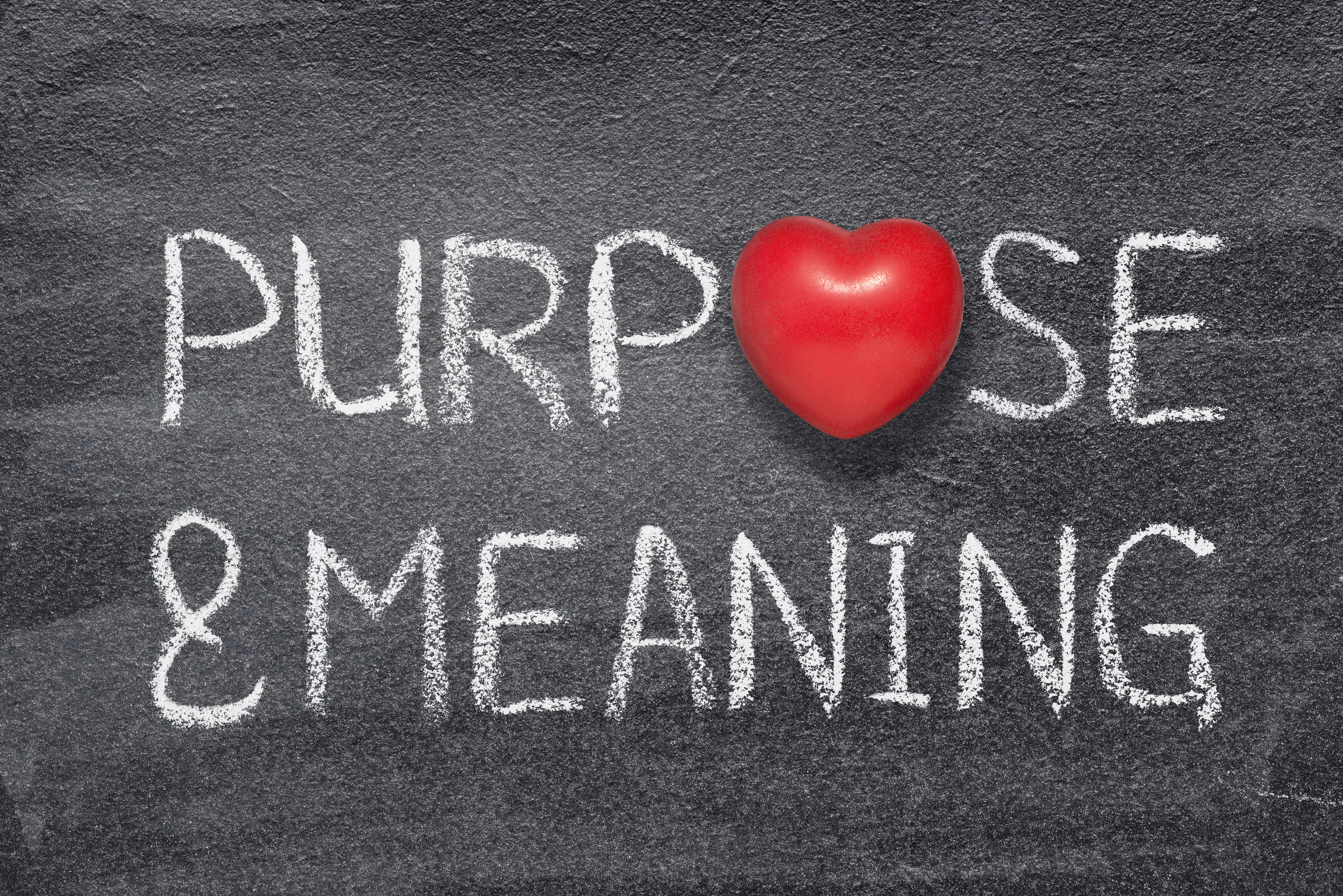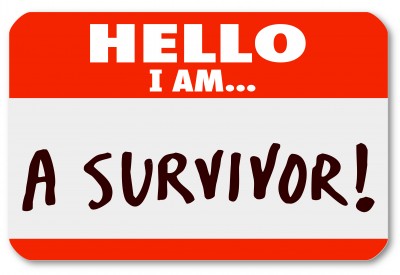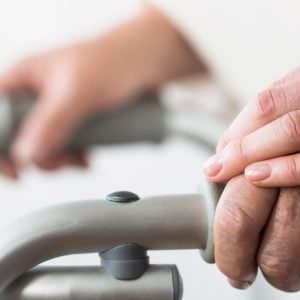What do 79% of Employees Say about Caring for Residents?
This is GOOD NEWS!
Posts about:

This is GOOD NEWS!

What feels abundant right now is trauma, stress, and burnout. Heading up an Aging Services organization during this time has been no easy task. At AGE-u-cate, we have tried to offer nuggets of support and encouragement to help infuse some hope in what feels like a long nightmare.
With so much out of our control these days, there is something we can control, and that is how we relate to each other. Kindness should always be a part of a leadership philosophy, but when we feel pushed to the edge, kindness might take a backseat.
Kindness can be defined as the quality of being friendly, generous and considerate. Seems like a fairly simple and straightforward way to interact with others. In fact, ABC news reported last year on research that informs us that being kind pays off. Being kind makes us feel better and healthier, and is wired into our survival. Oxford anthropologist Oliver Curry believes that we are kind because under the right circumstances we all benefit from kindness.

Many Aging Services leaders are working tirelessly to maintain and even rebuild a positive culture within their care communities. The question is whether this is possible to do during a lingering pandemic? A McKnight's Long-Term Care News article opined that it is possible, in spite of a pandemic.

In a recent article published by McKnight's Senior Living, a survey of caregivers in Texas showed that while pay was an important factor in staying in the senior services field, it wasn't the only driver of satisfaction. This is contrary to what most managers believe. The study listed feeling respected, job flexibility and pride in the physical workplace as important to staff connected to their work. So, how can the industry make small, but impactful shifts to improving retention among caregivers and other roles? Here are a few simple ideas to get your wheels turning:

The delta COVID-19 variant seems to be ushering in an understandable second round of pandemic-induced anxiety. Aging Services providers, and those that serve them, are still traumatized from the first go-around. Enough time has not passed to allow for a psychological re-set to cope with a do-over. So, what are we to do?

It's frightening to care for someone you don't understand. People living with dementia (PLWD) are themselves often filled with fear and anxiety and express themselves in ways that are difficult for others to comprehend. For a family member or professional who is helping persons who are themselves trying to cope with the cognitive changes going on in their brains, it is a domino effect that carries over to care partners. Fear, anxiety, guilt, and feeling very frustrated in not having the tools to better communicate and respond to stress reactions leave caregivers feeling helpless.

The Physician's Oath promises to approach all patients with integrity, candor, empathy, and respect. I believe that most doctors take their oath seriously. I believe most doctors study very hard because they truly want to help other people and make a positive difference in the field of medicine. Doctors have a tremendous responsibility in today's messy healthcare environment. They work long hours, have many patients and deal with lots of complications to ultimately deliver the care that their patients need. So, is it really possible for doctors to provide compassionate care?